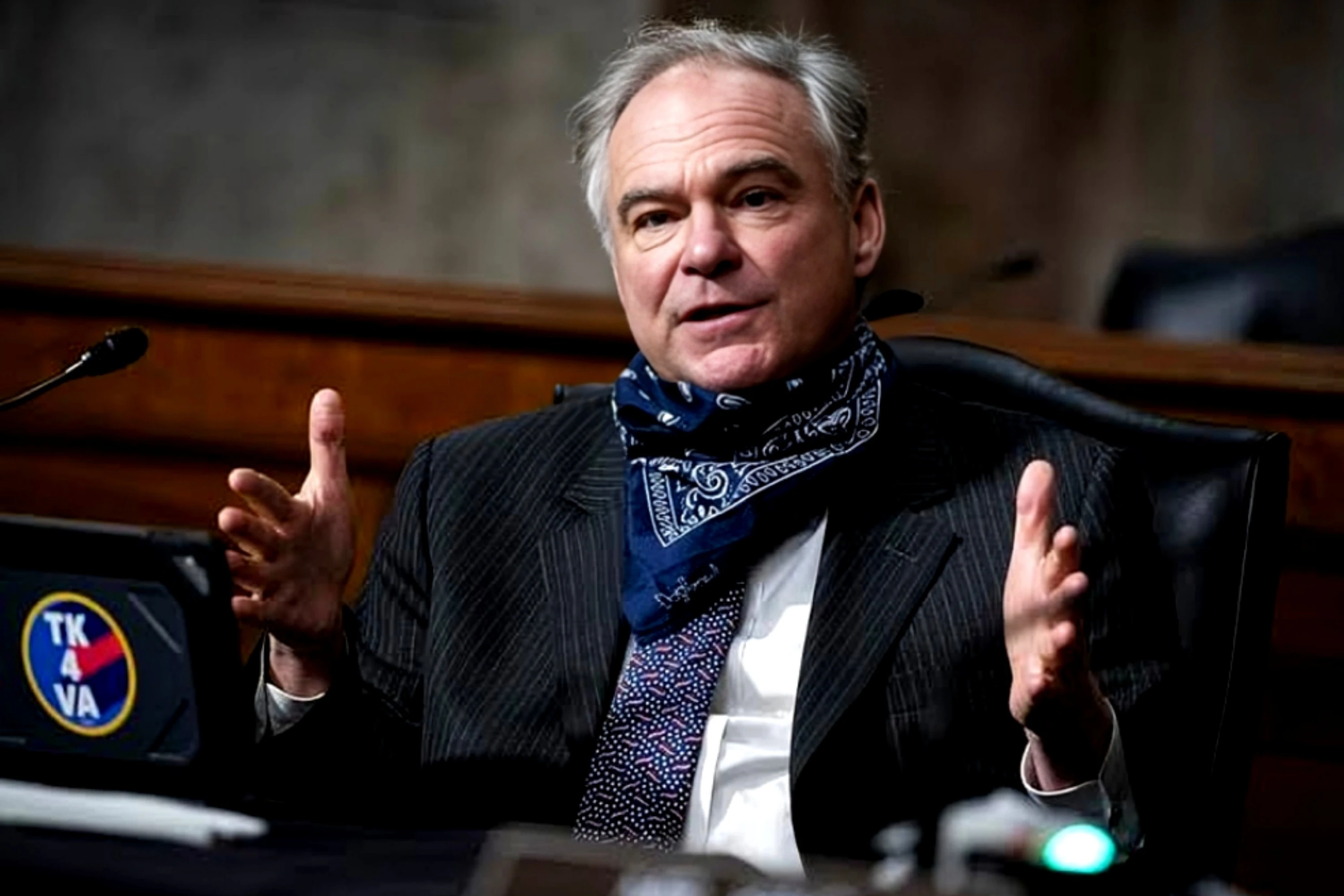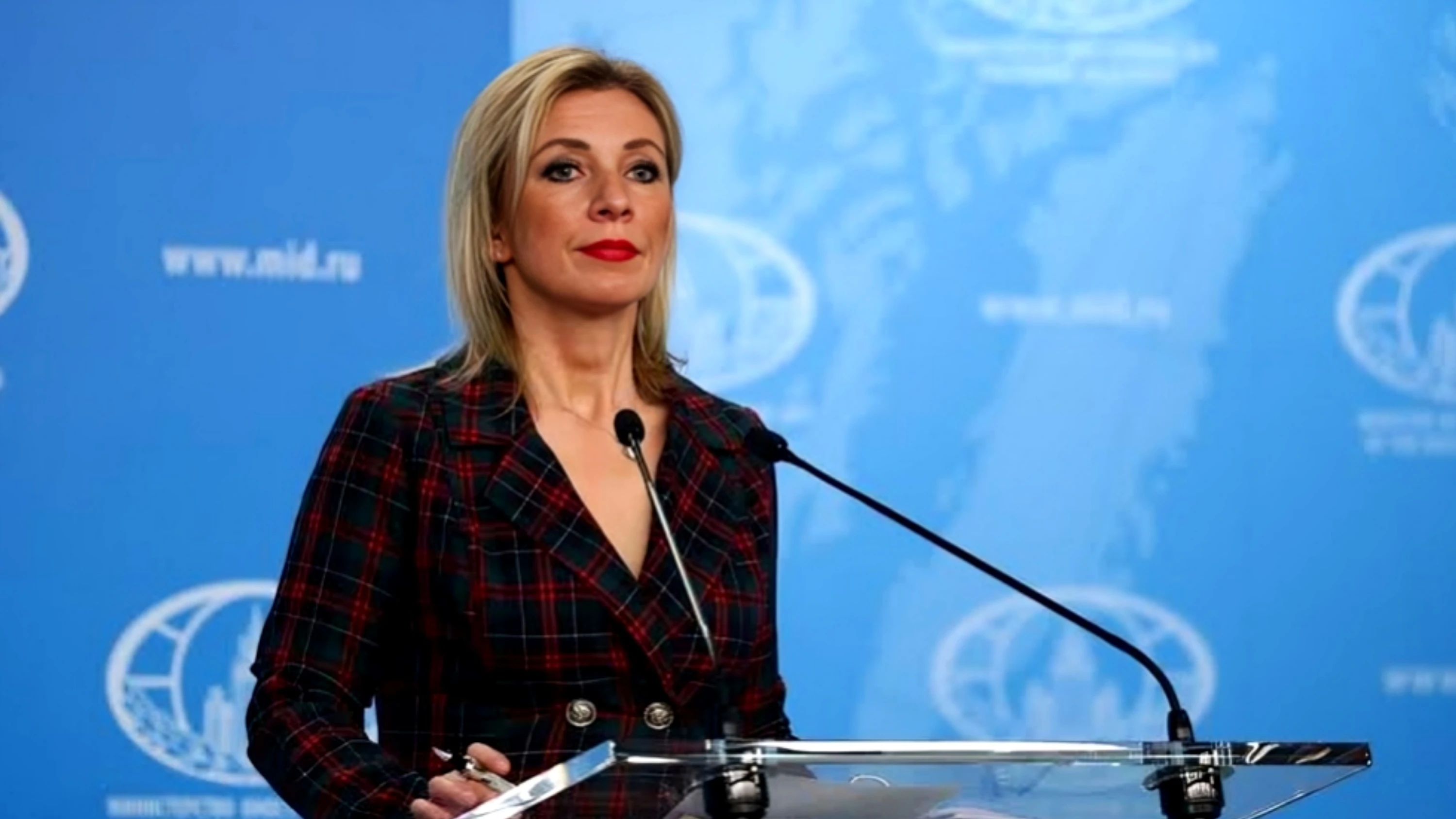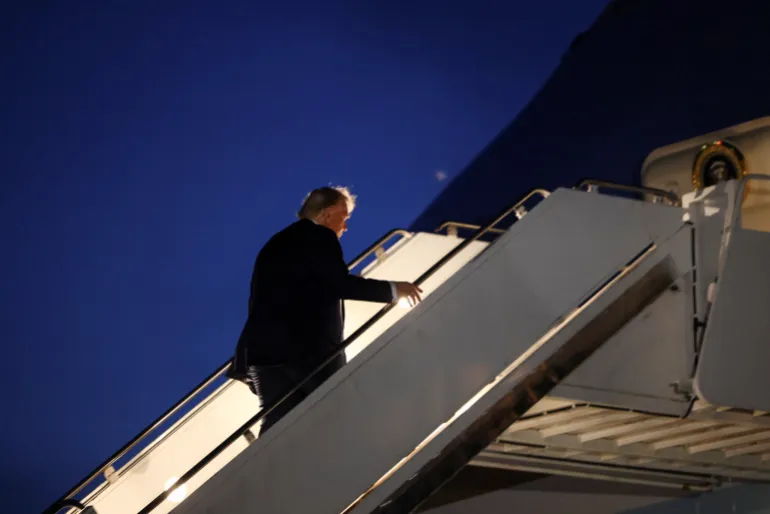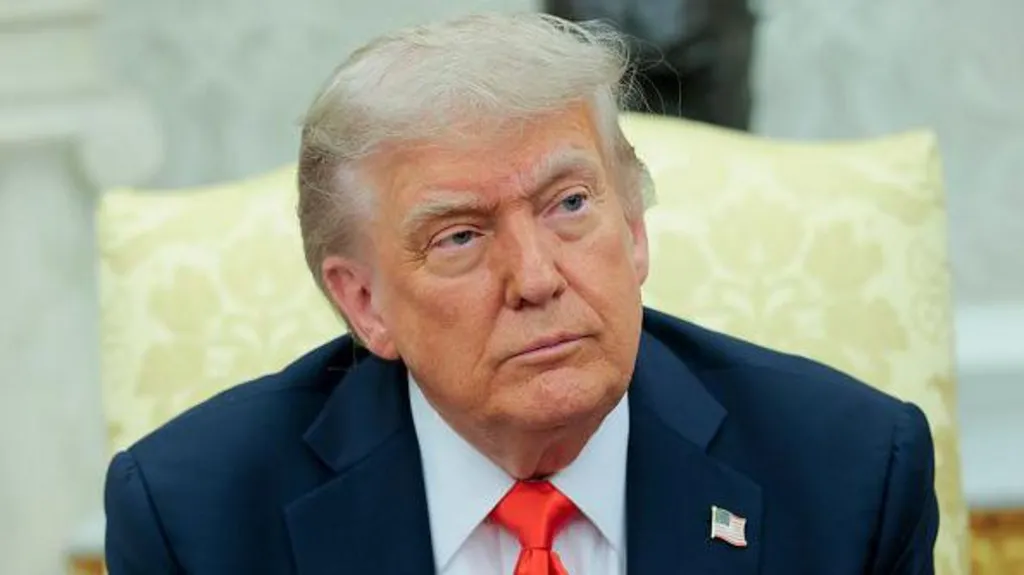Dhaka: Bangladesh on Sunday launched a series of redesigned currency notes that no longer feature the image of the nation’s founding president Sheikh Mujibur Rahman — a move seen as highly symbolic amid the country's volatile political climate. Sheikh Mujib, who led Bangladesh to independence in 1971 and was assassinated in a 1975 military coup, is also the father of ousted Prime Minister Sheikh Hasina.
The new banknotes were issued by the interim government currently running the country since Sheikh Hasina fled abroad in January 2024 following mounting unrest. The transitional authority has introduced the new currency designs during a period of political uncertainty after Hasina was removed from power in August 2024 in a mass student-led uprising.
Speaking to the press, Bangladesh Bank spokesperson Arif Hossain Khan confirmed the changes, saying, "The redesigned notes will no longer carry any human portraits. Instead, they will feature natural landscapes and traditional or historical landmarks."
Historically, all Bangladeshi banknotes had carried Sheikh Mujibur Rahman's image — a hallmark of the ruling Awami League era. Now, the new notes prominently feature imagery such as Hindu and Buddhist temples, historic palaces, a famous famine painting by artist Zainul Abedin, and the National Martyrs' Memorial, reflecting a broader cultural and religious spectrum.
Three denominations of the new notes were released on Sunday, with more to follow in stages. The current notes and coins will remain legal tender, Khan added.
This is not the first time Bangladesh’s currency designs have reflected political shifts. In the early 1970s, the notes featured a map of the country. During later Awami League governments, Sheikh Mujib’s portrait became standard. When the rival Bangladesh Nationalist Party (BNP) held power, historical sites replaced political imagery on the notes.
Meanwhile, Sheikh Hasina, who is now living in self-imposed exile in India, is facing serious charges back home. Bangladesh’s International Crimes Tribunal (ICT) has initiated trials in absentia against her and former top officials from her government. Prosecutors accuse her of orchestrating a violent crackdown on protestors last year, amounting to crimes against humanity.
According to the UN, nearly 1,400 people were killed between July and August 2024 during a nationwide government crackdown. Prosecutors allege that Hasina gave direct orders to suppress the uprising, including instructions for security forces to fire from helicopters and to specifically target student protest leader Abul Saeed.
Chief prosecutor Mohammad Tajul Islam said, “After a thorough review of evidence, we concluded that this was a coordinated, widespread, and systematic attack.” Hasina, former police chief Chowdhury Abdullah Al Mamun (currently in custody), and ex-Home Minister Asaduzzaman Khan Kamal (reportedly on the run) face five counts each, including conspiracy, incitement, facilitation, and failure to prevent mass killings.
While Hasina has dismissed the charges as politically motivated revenge, the prosecution has pledged neutrality, stating that the trials are based on a democratic commitment to accountability for crimes against humanity.
The ICT held its first hearing related to the Hasina government on May 25, trying eight police officers for the killing of six protesters on August 5 — the day Hasina reportedly left the country. Four of the officers are currently in custody, while the others are being tried in absentia.
The currency redesign — and the removal of Sheikh Mujib’s image — is being widely interpreted as a symbolic break from decades of Awami League dominance, signaling a new era in Bangladesh’s tumultuous political history.








